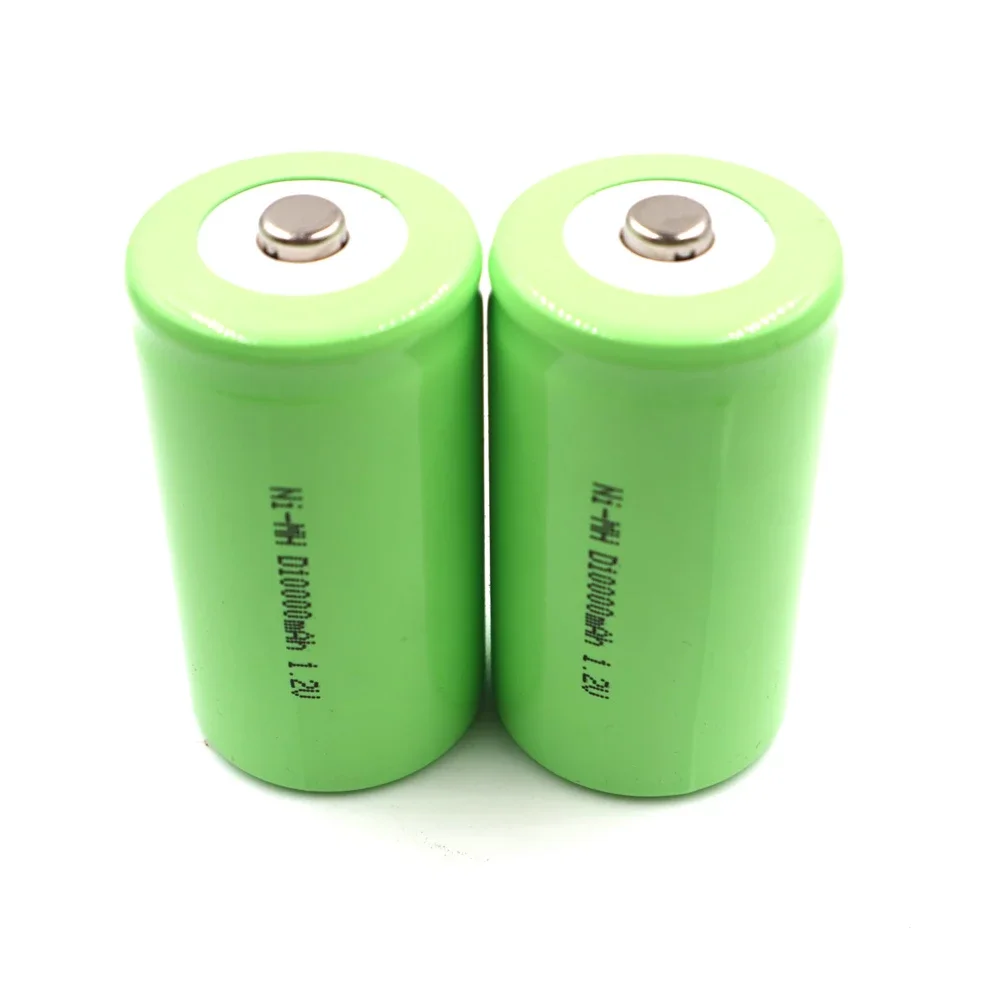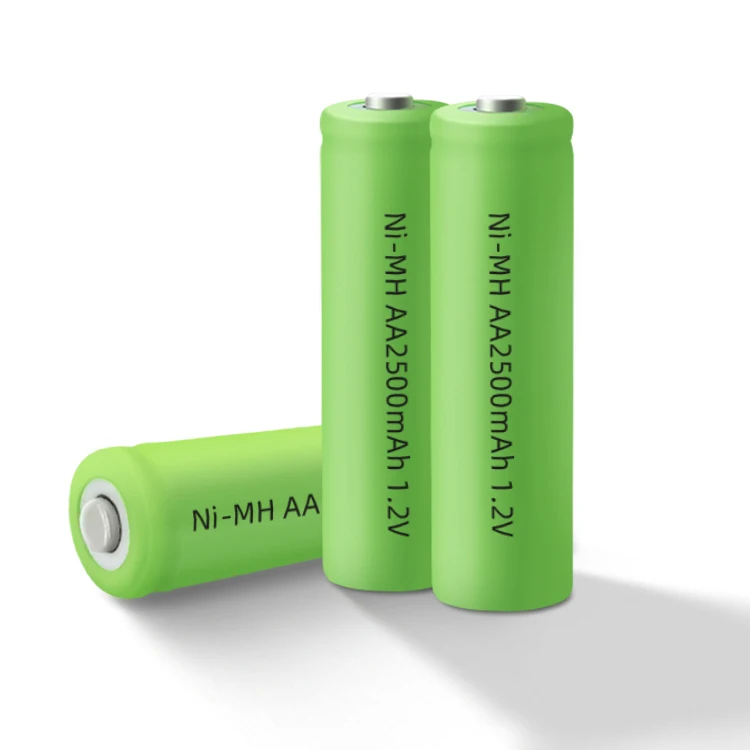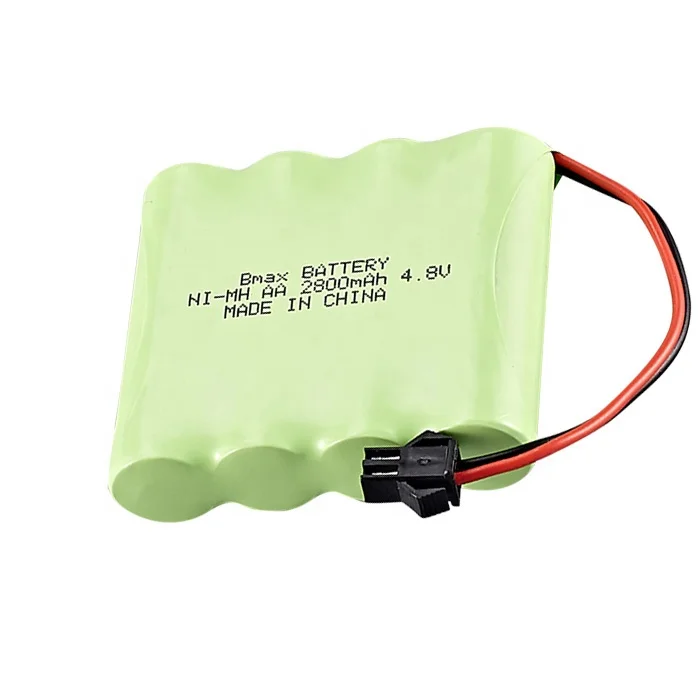Fully discharging a NiMH (Nickel-Metal Hydride) battery occasionally is not inherently bad and can actually be beneficial in certain contexts, particularly to counteract any memory effect, although this effect is much less significant in NiMH than in older NiCd (Nickel-Cadmium) batteries. However, frequently allowing NiMH batteries to completely discharge can lead to some negative effects on the battery’s lifespan and performance. Here are key points to consider:
Occasional Full Discharge
- Memory Effect Mitigation: While modern NiMH batteries are less prone to memory effect than NiCd batteries, they can still benefit from an occasional full discharge. This helps to reset the battery capacity and can help maintain optimal performance, especially if the battery is regularly only partially discharged during normal use.
- Calibration: Full discharges can also help calibrate battery level indicators on devices, ensuring that the device accurately reflects the battery charge level.
Risks of Frequent Full Discharges
- Cell Reversal: In battery packs with multiple cells (like those used in power tools or packs for RC models), fully discharging can sometimes lead to a phenomenon known as cell reversal. This happens when weaker cells in the pack discharge completely and then get driven into a reverse voltage by the still discharging stronger cells. This can damage the reversed cell and compromise the overall pack.
- Reduced Lifespan: Repeated deep discharges can stress the battery and reduce its overall lifespan. NiMH batteries have a finite number of charge cycles, and deep discharges use up these cycles more rapidly.
Best Practices
- Avoid Routine Full Discharges: For regular use, it’s better to avoid completely discharging NiMH batteries. Instead, recharge them when they still have about 20-30% capacity remaining. This approach balances the benefits of fuller discharges with the risks of potential damage from deep cycling.
- Use a Smart Charger: Employ a smart charger that can properly charge NiMH batteries without overcharging, and that might include features for conditioning the batteries, which can involve fully discharging and recharging the battery on a controlled schedule to optimize battery health.
- Store Properly: If storing NiMH batteries for an extended period, do so with a partial charge (around 40-50% is often recommended), and recharge them every few months to prevent deep discharge and keep them in good condition.
In summary, fully discharging a NiMH battery is not necessarily bad and can be beneficial if done occasionally and under the right circumstances. However, frequent full discharges should be avoided to maintain the health and longevity of the battery.


